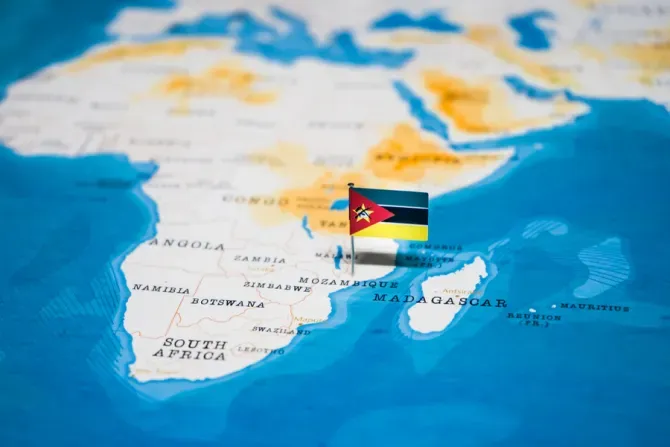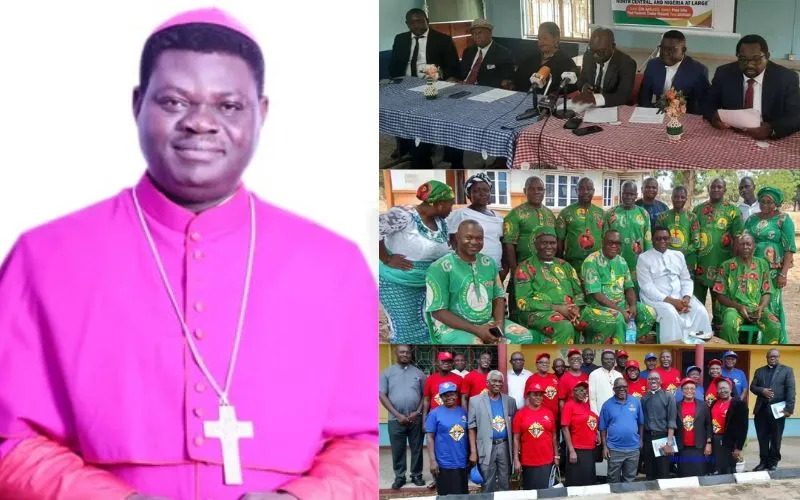Pemba, 10 January, 2022 / 9:00 pm (ACI Africa).
Religious leaders who met in Mozambique’s city of Pemba have distanced themselves from extremists who kill in the name of religion in the country’s Cabo Delgado Province and vowed to unite in the fight against radicalism and violence in the embattled region.
In the interfaith statement obtained by ACI Africa Monday, January 10, the Christian and Muslim leaders commit, among other things, to work together to propagate “the true meaning of religion” and to save the image of Islam, which they say is the most prejudiced in the event of extremism.
“We declare… our strong unity in the face of any threat of rupture and our unanimous rejection of terrorist and extremist acts, as well as our commitment to walk side by side in favor of peace and brotherhood,” the religious leaders say in the January 3 Interfaith Declaration of Pemba.
The Christian and Muslim leaders also express their commitment to continue working for the true meaning of religion, “so that society does not see religion as the cause of any conflict, in particular Islamic religion, the one most affected by prejudice.”
The faith leaders signed the declaration after their three-day gathering in December in Pemba, the capital city of Cabo Delgado where they explored ways to use religion to counter terrorism in the embattled province.








